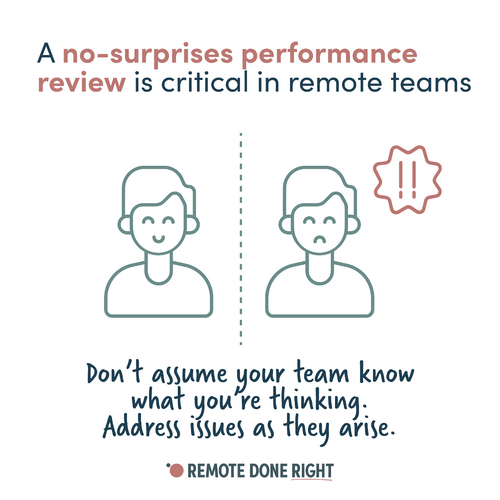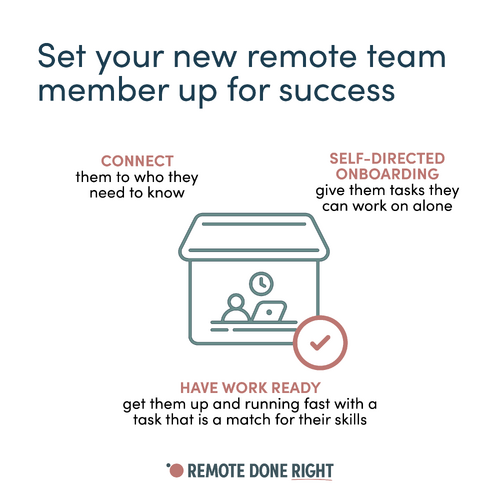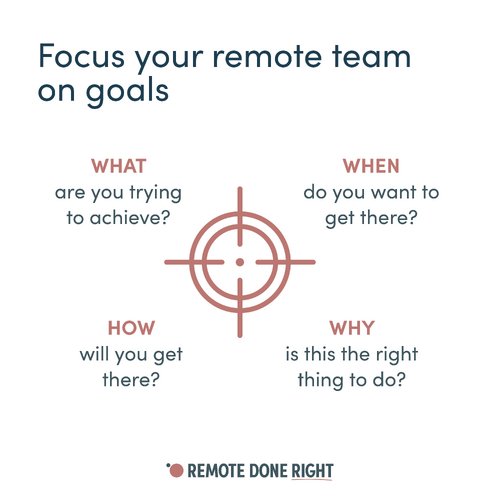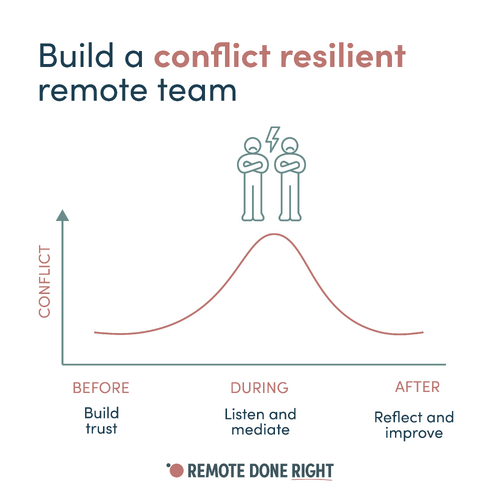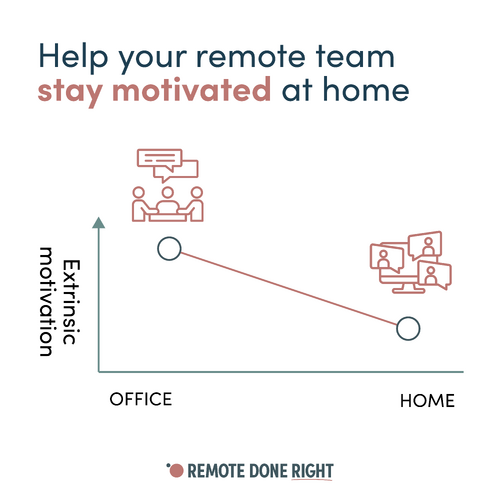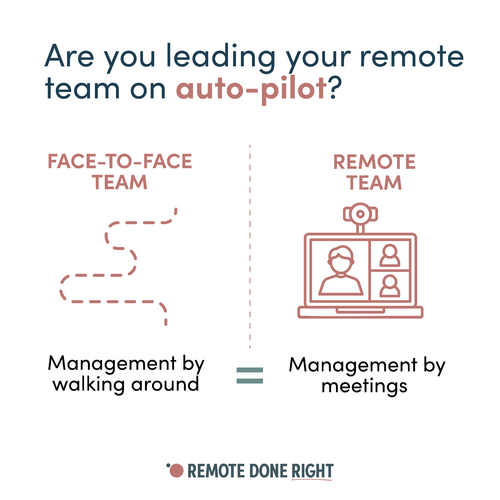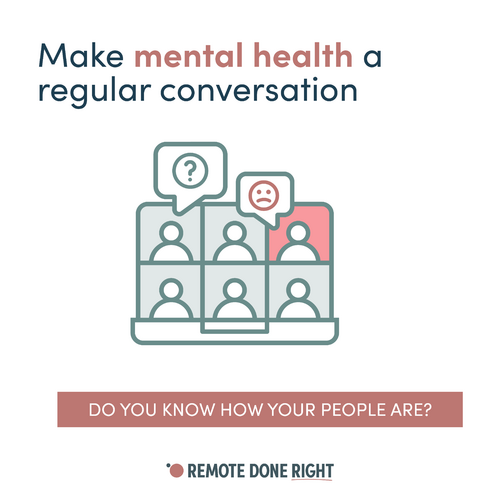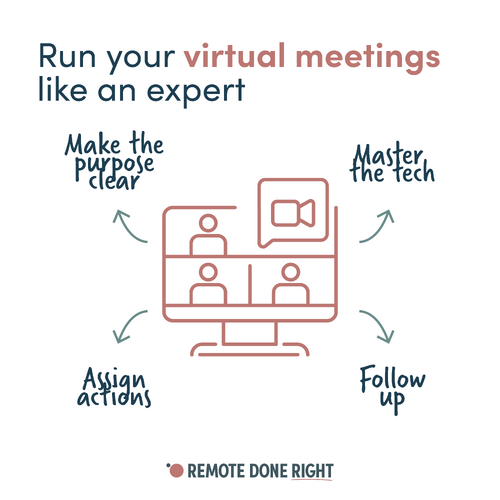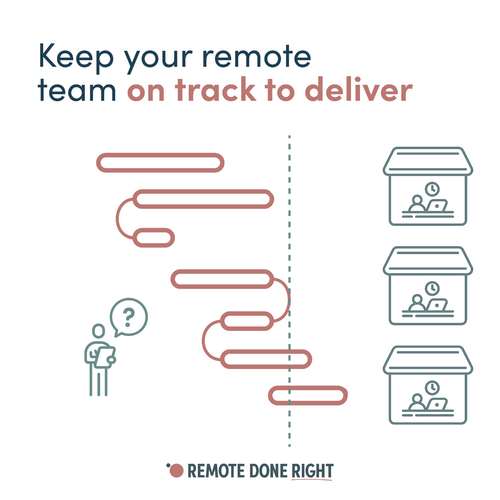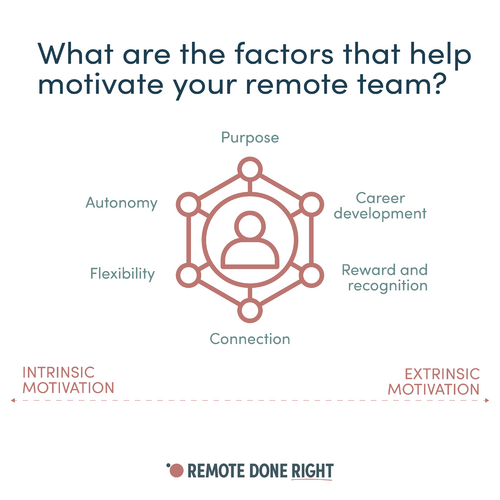Articles
Leaders
Aim for a no-surprises performance review.
Regular performance conversations are critical in a remote environment.
Navigating the complexities of managing remote teams can be made simpler by setting clear performance expectations, measuring productivity effectively, and providing constructive feedback.
Set clear performance expectations
The importance of clarity in expectations cannot be overstated when managing remote teams. Without face-to-face interaction, it's easy for misunderstandings to occur, leading to decreased productivity …
Welcome! (To your own home office)
Creating an onboarding plan helps remote employees feel welcomed and prepared from day one.
Prepare before your new starter arrives
Start by defining clear objectives for what you want to achieve during the onboarding process. These objectives should align with both the company’s goals and the employee’s role-specific needs.
Develop a structured schedule that outlines the onboarding activities and timelines. This schedule should include everything from introductory meetings to training sessio…
Know your purpose – goal setting for remote teams
With teams spread across various locations, setting clear and achievable goals is crucial to ensure everyone stays on track and works towards a common objective.
Setting goals is fundamental for any team, but it holds even more significance for remote teams. When individuals are not physically present in the same office, it's easy for tasks to become fragmented and priorities to become unclear. Clear goals provide direction and focus, ensuring that every team member understands their role and r…
Team conflict is inevitable, setting clear expectations and open lines of communication in your remote team can help address it.
Identify the sources of conflict
Conflict in remote teams can arise from various sources. Recognising these sources is the first step towards addressing and resolving them effectively.
- Communication breakdowns: misunderstandings often occur due to the lack of face-to-face interaction. Text-based communication can lead to misinterpretations.
- Cultural differences: diverse teams bring different cultural perspectives, which can sometimes clash if not managed properly.
- Unequal workload distribu…
Master productivity without your boss over your shoulder.
The ability to work independently is one of the benefits of remote work, however it can be easy to lose focus. Build internal accountability so you can maintain productivity while working remotely.
Manage your time
Without the structure of a traditional office environment, it's easy to lose track of time or become overwhelmed by tasks. Here are some strategies to manage your time more effectively:
- Set clear goals: begin each day with a list of specific goals you aim to achieve. Break down l…
Remote leadership is a level up from in-office leadership
Focus on building the skills you need to effectively support your remote team.
Build your skills
Leading a remote team requires a broad range of skills.
- Communication: Clear and consistent communication is vital in a remote setting. Leaders must articulate goals, expectations, and feedback efficiently through various channels such as email, video calls, and messaging apps.
- Empathy: Understanding the personal and professional challenges your team members face is crucial. Empathetic leaders …
Supporting mental health in remote teams
Managing a remote team can make it hard to know how people are feeling. Don’t leave it up to chance, pay attention to changes and keep lines of communication open.
One of the primary concerns for managers of remote teams is recognising signs of stress in their employees. Unlike traditional office settings where face-to-face interactions can provide visual cues, remote work requires more nuanced approaches. It’s important to pay attention and address issues early.
Have you noticed?
- Changes…
Mastering virtual meetings: tips and tools for success
Running an engaging remote meeting takes skill and planning. Virtual meetings can be a time sink. With a bit of planning and consideration, you can make them engaging and productive.
Prepare
Set clear objectives: the first step in preparation is defining the purpose of the meeting. What do you hope to achieve? Clear objectives help keep the meeting focused and ensure that all participants understand why they are there.
Choose the right platform: not all video conferencing tools are created e…
Remote team missing deadlines? Go back to basics.
Don’t get hung up on the challenges of remote leadership – the rules are the same. Pave the way to success by making it clear what people have to do, when they have to do it and then proactively monitor and review progress.
Set realistic deadlines
Successfully managing remote projects begins with setting realistic deadlines. To do this, it’s essential to assess the project scope and complexity. Take the time to understand all the tasks involved and how long each one will take. This helps in cr…
Motivating your remote team
Don't let your remote team drift.
When you focus on understanding what drives your team, setting clear goals, encouraging continuous learning, fostering a positive environment and recognising achievements, you help to keep your remote team motivated and focused on organisational goals.
Take Action
Understand what motivates your team
People need a mix of intrinsic and extrinsic motivators to perform at their best. Intrinsic motivators are internal, and include personal growth, job satisfacti…

